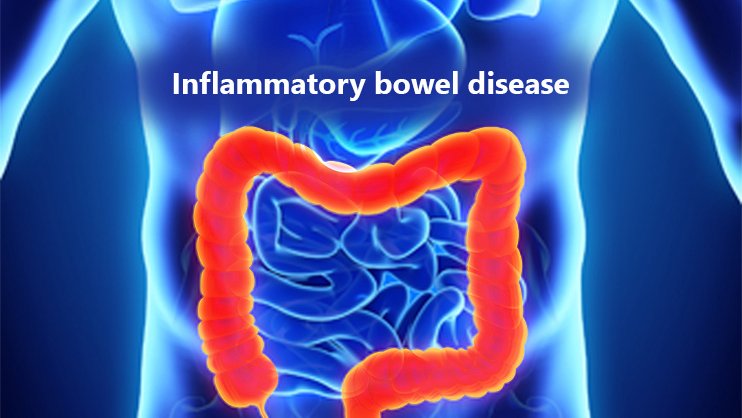Inflammatory Bowel Disease (IBD) refers to two chronic conditions that are characterized by chronic inflammation affecting the gastrointestinal tract – Crohn’s disease and ulcerative colitis. These conditions cause huge discomfort and reduce quality of life for millions of people worldwide. This article aims to provide a detailed overview of IBD, its causes, symptoms, diagnosis and treatment options.
What are the main types of IBD?
There are two main types of IBD – Crohn’s disease and ulcerative colitis.
Crohn’s disease is characterized by patchy inflammation that can affect any part of the gastrointestinal tract from mouth to anus. It often causes irritation, ulcers and scarring within the gastrointestinal lining. Common symptoms include abdominal pain, diarrhea, weight loss and fatigue.
Ulcerative colitis only affects the large intestine (colon) and rectum. It causes long lasting inflammation and ulcers in the innermost lining of the colon. Symptoms include abdominal discomfort, bloody diarrhea, urgency and tenesmus (feeling of incomplete emptying of bowels).
Symptoms of IBD
The two main symptoms common to both Crohn’s disease and ulcerative colitis are diarrhea and abdominal pain in Inflammatory Bowel Disease. The severity of symptoms varies between individuals and also depends on the extent and activity of disease.
Some other symptoms include:
– Rectal bleeding/bloody stools
– Weight loss
– Fatigue
– Fever
– Poor appetite and nausea
– Joint pain
– Skin problems like mouth ulcers
– Symptoms of bowel obstruction like vomiting, nausea and pain
Causes of IBD
The exact cause of IBD is unknown but is believed to be due to an abnormal immune response in the gastrointestinal tract of genetically predisposed individuals. Some contributing factors include:
– Genetics: People with a family history of IBD are at higher risk. Certain gene mutations are linked to IBD.
– Environment: Hygiene hypothesis – lack of early childhood exposure to infections and gut microbes.
– Gut microbiome: Imbalance in gut bacteria and their interaction with immune system.
– Smoking: Smoking increases risk and severity of Crohn’s disease.
Diagnosis of IBD
Diagnosis involves detailed medical history, physical exam, blood tests, stool tests, endoscopy, sigmoidoscopy and colonoscopy to examine abnormalities in gastrointestinal tract. Biopsies may be taken during endoscopy to differentiate between Crohn’s and ulcerative colitis and check for inflammation. Imaging tests like CT enterography or MRI can help identify complications.
Treatment and Management of IBD
The goals of treatment are to induce and maintain remission of symptoms, improve quality of life and minimize risk of complications. Treatment depends on severity and extent of disease and involves:
– Medications: 5-aminosalicylates (5-ASA), corticosteroids, immunomodulators, biologic therapies. Choice depends on individual case.
– Nutritional supplements: Vitamins and minerals to avoid malnutrition.
– Diet: Exclusion diets to avoid triggers like high fiber.
– Surgery: For severe or complicated cases to remove diseased portions of bowel.
– Lifestyle changes: Stress management, avoiding smoking, exercise.
– Management of complications.
Living with IBD and Prognosis
IBD requires long term management as they are chronic lifelong conditions without a cure. Remission and flares can occur throughout life. With proper treatment, diet and lifestyle management many people with IBD are able to live symptom-free lives. However, there is no way to actually predict long term prognosis for an individual. It depends on factors like age at onset, disease extent and response to treatment. With advancements in medication, majority of people have a good quality of life. However, IBD continues to pose challenges and patients require continued medical support.
IBD refers to two chronic inflammatory conditions of the gastrointestinal tract affecting millions worldwide. Although still not completely understood, combination of genetic and environmental factors are believed to trigger an aberrant immune response in gut leading to chronic inflammation. Proper diagnosis and management involving medications, supplements and lifestyle modifications help control symptoms and maximize quality of life for people living with these conditions. More research is still needed to better understand causes and potentially find a cure for IBD in future.
*Note:
1. Source: Coherent Market Insights, Public sources, Desk research
2. We have leveraged AI tools to mine information and compile it

